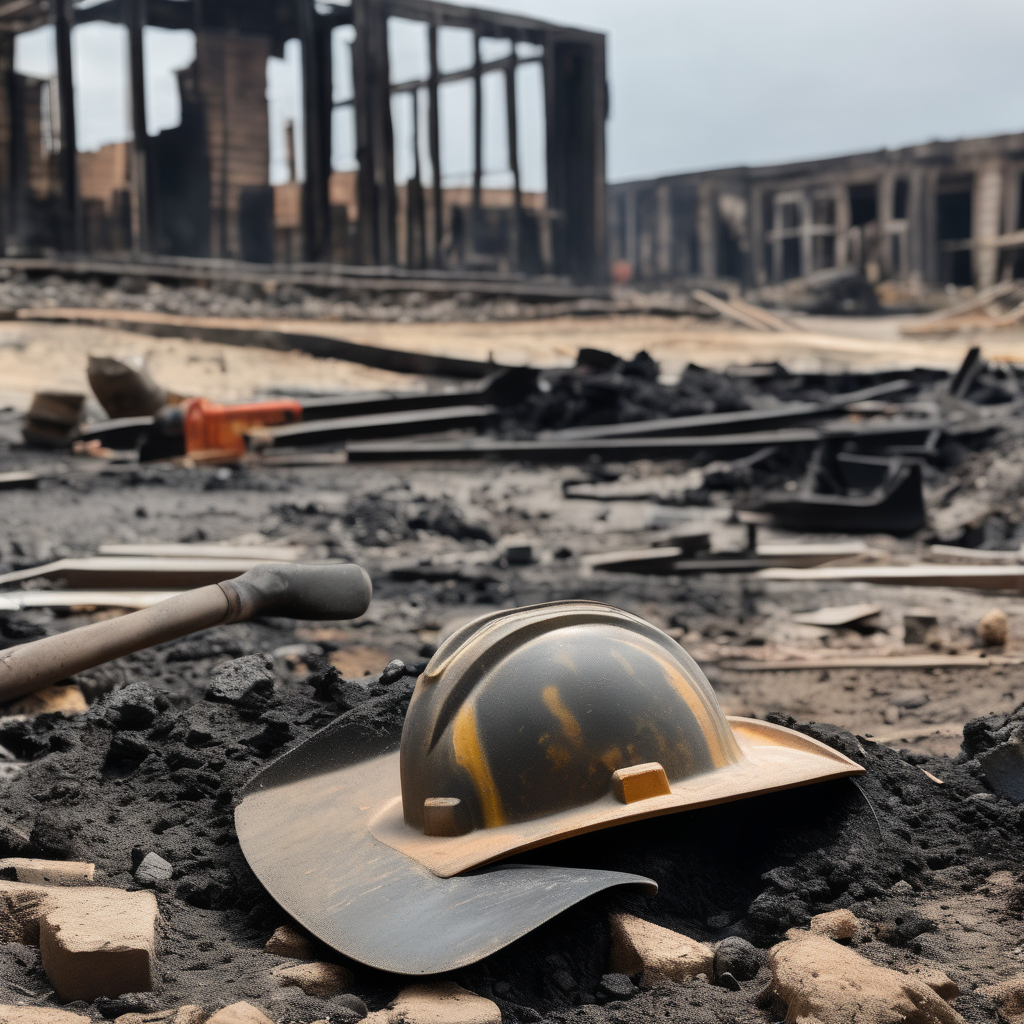Two months after a catastrophic fire devastated the parliament building of the Marshall Islands, the nation has commenced its efforts to rebuild the government chamber, known as “Nitijela.” President Hilda Heine led the groundbreaking ceremony on October 8, expressing gratitude for the opportunity to restore the historic building, which had long been in need of updates.
During the ceremony, President Heine reflected on the sorrow and anxiety experienced when the house was engulfed in flames, stating, “Although we felt sorrow and anxiety when the house burned down two months ago, let us thank the Lord that we can now rebuild the house.” The fire occurred on August 26, resulting in the loss of official documents and historical resources housed in the library and archives, yet the structure, while mostly intact, is deemed a total loss.
Until the new Nitijela is completed, which is anticipated by August 2026, parliamentary sessions will be temporarily held at the International Conference Centre in Majuro. The reconstruction will be funded with significant assistance, including a $13 million contribution from the U.S. government and a $30 million donation from Taiwan.
In her speech, Heine acknowledged the support from various officials, stating, “I would like to take this opportunity to thank President Donald Trump and the U.S. government for their great support, and in these thanks, I add Ambassador Laura Stone. I would also like to express my gratitude to President Lai Ching-te and his family for their support.”
Stressing the importance of Nitijela to the Marshallese identity, Heine noted, “Nitijela is different from other houses in the country. It is a declaration that our country stands alone; as a country that respects the law of freedom and the rights of the Marshallese people, and where we also inherit our culture and way of life, preserve peace, and promote our future.”
The immediate action taken by the government reflects a commitment to not only rebuild but also strengthen the infrastructure to prevent future disasters. Following the fire, an emergency cabinet meeting led to a swift decision to fast-track the reconstruction project in response to the declared state of disaster.
Furthermore, this incident has underscored the need for robust emergency response capabilities and infrastructure resilience across the Pacific region. With plans for an enhanced legislative space that honors the past while looking toward the future, the Marshall Islands showcases its determination to emerge stronger and more unified in the face of adversity.
